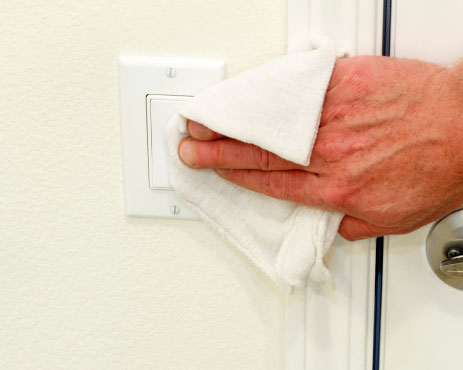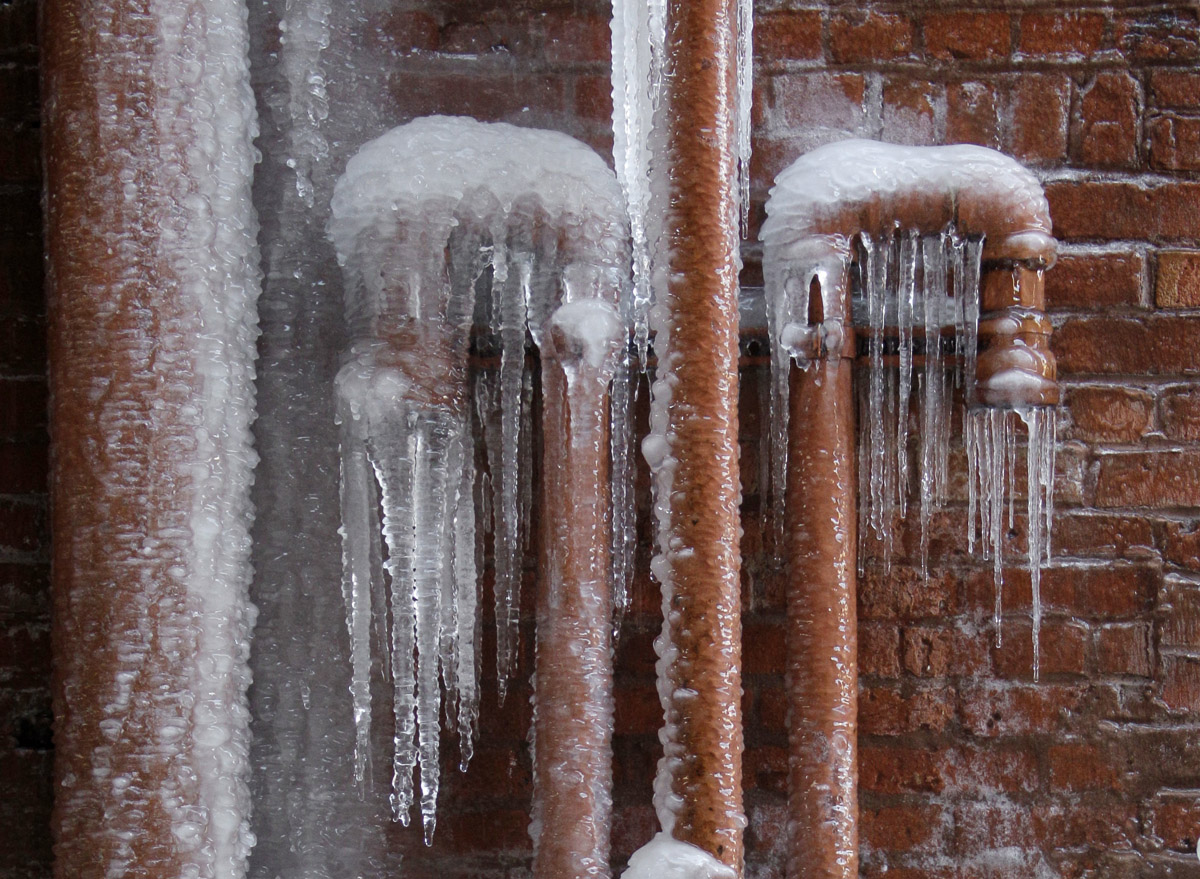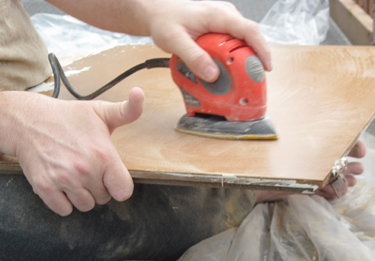WASHINGTON — All the recent rain might pose a challenge to sump pumps that aren’t up to the task — mold that can become an issue whenever unwelcome water gets into a home.
When a sump pump fails or a pipe bursts, experts say homeowners typically can work to dry out household items themselves. It is possible, for example, to salvage wall-to-wall carpeting.
“Get all that wet padding out of there, cut it out and then dry the carpet out itself. Because the carpet is the expensive part, the padding is not,” said David Myrick, president of Valor Mold Removal of Springfield, Virginia.
In cases where water enters a home through basement windows or doors, Myrick recommends calling a professional.
“That water is considered what’s called ‘category three’ or ‘black water’ in the water-damage industry. The problem with it is — it’s full of bacteria and pesticides [and] animal feces,” Myrick said. “I mean, all just nasty stuff.”
He recommends that carpeting or drywall soaked with “black water” be removed.
“You have to cut it out and throw it away if you care about your family’s health,” Myrick said.
Mold can cause difficulty in breathing, wheezing, irritated eyes and/or skin irritation in people who are sensitive to, or allergic to it, according to the Centers for Disease Control and Prevention.
If best efforts to eradicate moisture fail and you suspect unseen mold is growing in your home, Myrick recommends calling a mold-testing company.
“An, independent, third party, unbiased inspector,” Myrick said.
Signs mold might be growing in your home include a musty odor and baseboards beginning to pull away from the wall.
If you have questions about mold and can’t find an answer, the U.S. Environmental Protection Agency welcomes hearing from you.








